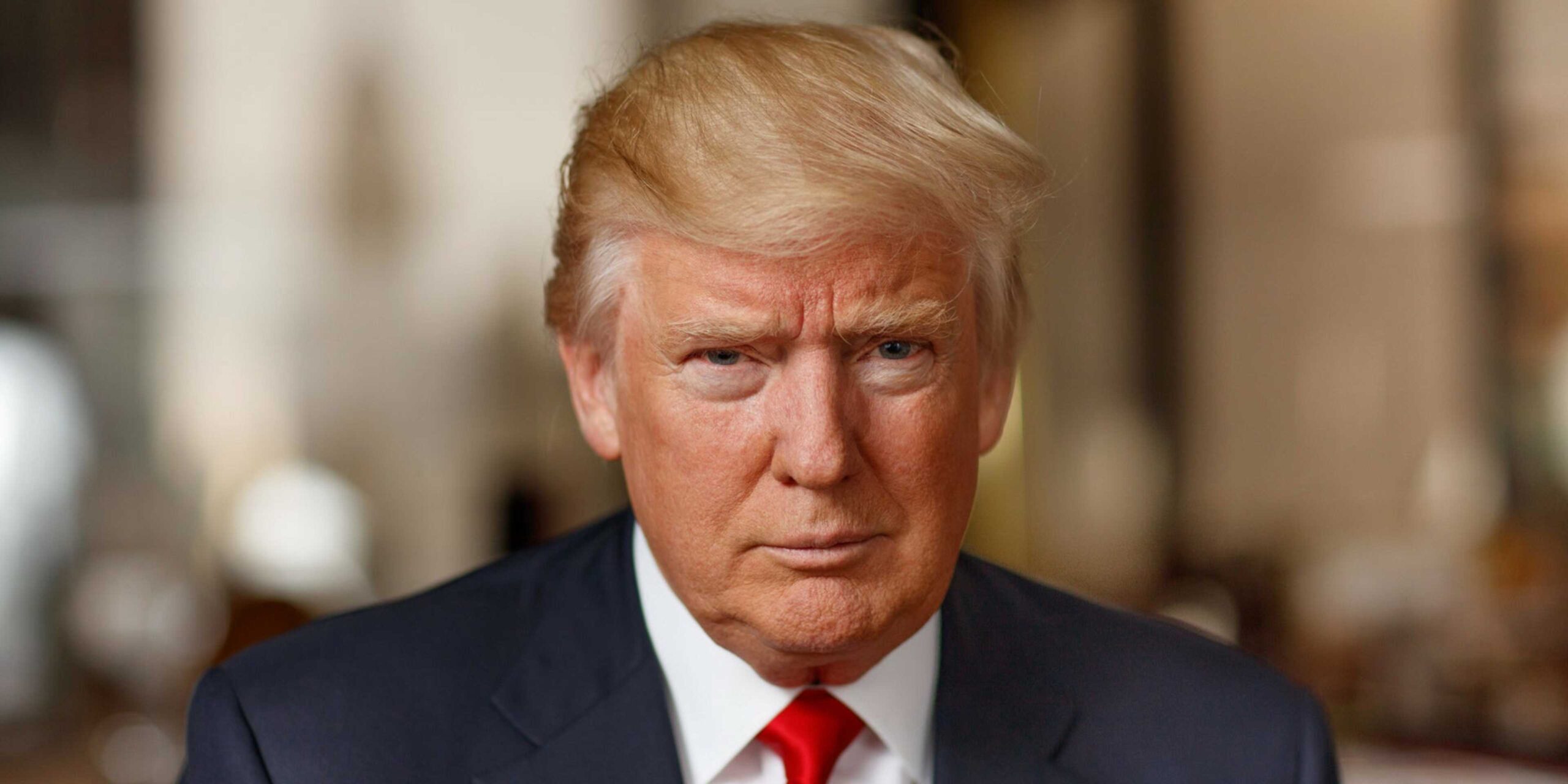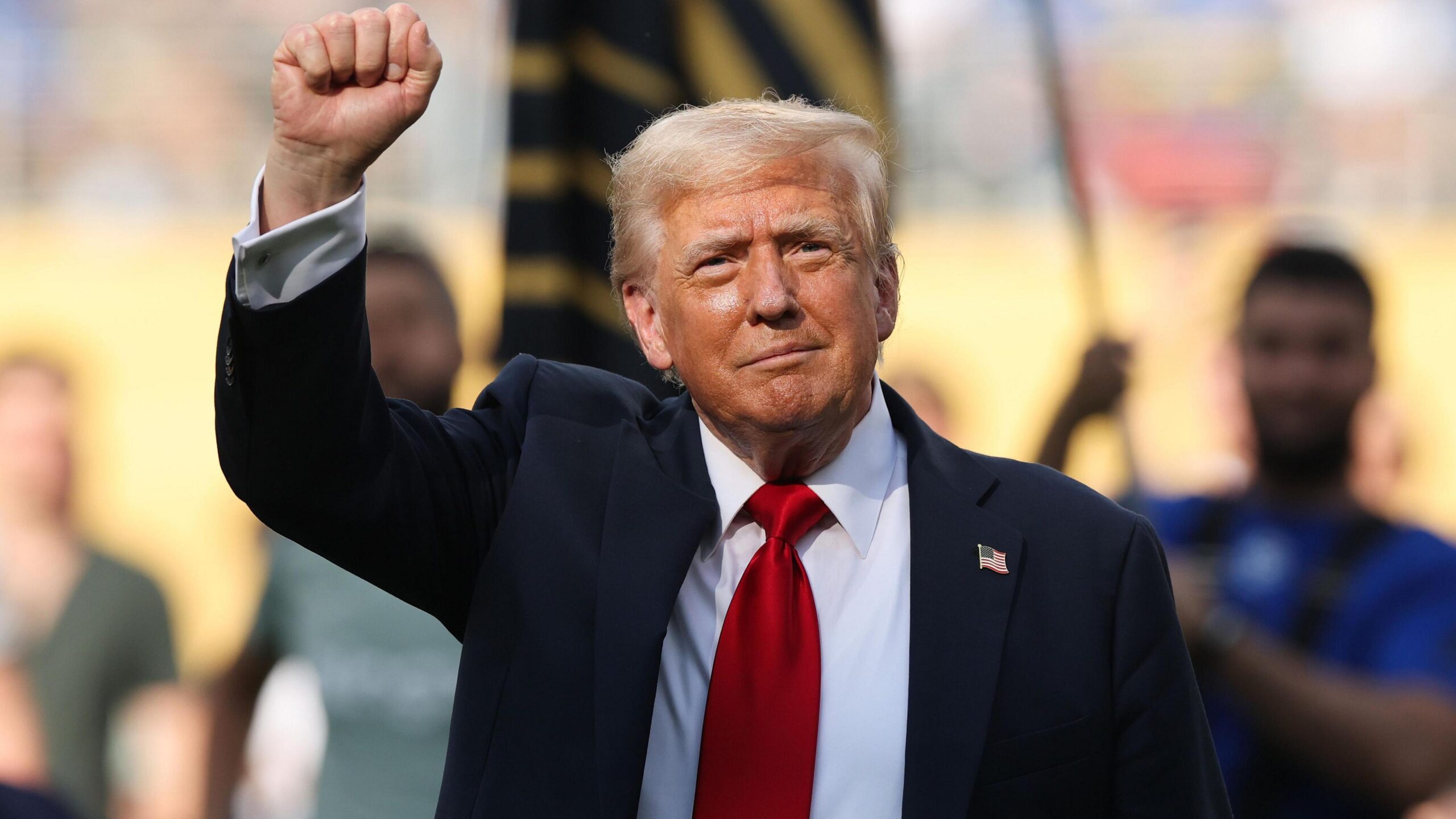Trump is dead: How JD Vance’s ‘On-the-Job Training’, ‘Terrible Tragedy’ remarks sparked viral trend

Donald Trump
The sudden rise of the “Trump Is Dead” trend on X (formerly Twitter) was not the result of any official announcement or verifiable news. Instead, it originated from remarks made by Vice President J.D. Vance, who attempted to reassure the public about President Donald Trump’s health but unintentionally set off waves of speculation and satire online.
During a recent interview with USA Today, Vance said: “Yes, terrible tragedies happen. But I feel very confident the president of the United States is in good shape, is going to serve out the remainder of his term and do great things for the American people. And if, God forbid, there’s a terrible tragedy, I can’t think of better on-the-job training than what I’ve gotten over the last 200 days.”
Although meant to project stability, his phrasing was quickly seized upon by online communities. Within hours, “Trump Is Dead” began trending, propelled by memes, jokes, and conspiracy theories. What was essentially a reassurance about the president’s health was reframed into a rumor mill narrative, showing how digital platforms can distort political messaging.
READ ALSO
Trump is dead? Inside the viral X trend linking politics, health rumors, and The Simpsons
“Trump is dead” trend: What it reveals about Trump’s presidency and public perception
Analysis: Political Messaging in the Age of Virality
The incident highlights three key dynamics in contemporary American politics:
-
Fragile Political Language
In the hyper-polarized environment surrounding Trump, even minor remarks can snowball into viral speculation. Vance’s acknowledgment of “terrible tragedies” provided just enough ambiguity for critics and satirists to latch onto, reshaping his words into something he did not say. -
The Online Amplification Effect
Social media thrives on exaggeration and sensationalism. Hashtags like “Trump Is Dead” spread not because users believed them, but because they were entertaining to share. Irony, humor, and fear often fuel trends faster than facts can catch up. -
The Age and Health Question
While Trump has repeatedly projected himself as vigorous, questions about age and mortality are unavoidable for political leaders in their late 70s and 80s. Vance’s comments, meant to shield the administration from these concerns, paradoxically reinforced them by raising the hypothetical of a “terrible tragedy.”
In the end, the uproar says less about Trump’s actual health and more about the public’s readiness to interpret political statements as hidden signals. It also reveals the fragility of credibility in an era where online culture treats politics as both spectacle and rumor mill.
For Vance, the episode serves as an early lesson in the risks of unscripted reassurance. For Trump, it reflects the inescapable reality that every discussion of his fitness for office, however benign, has the potential to spiral into an internet storm.



